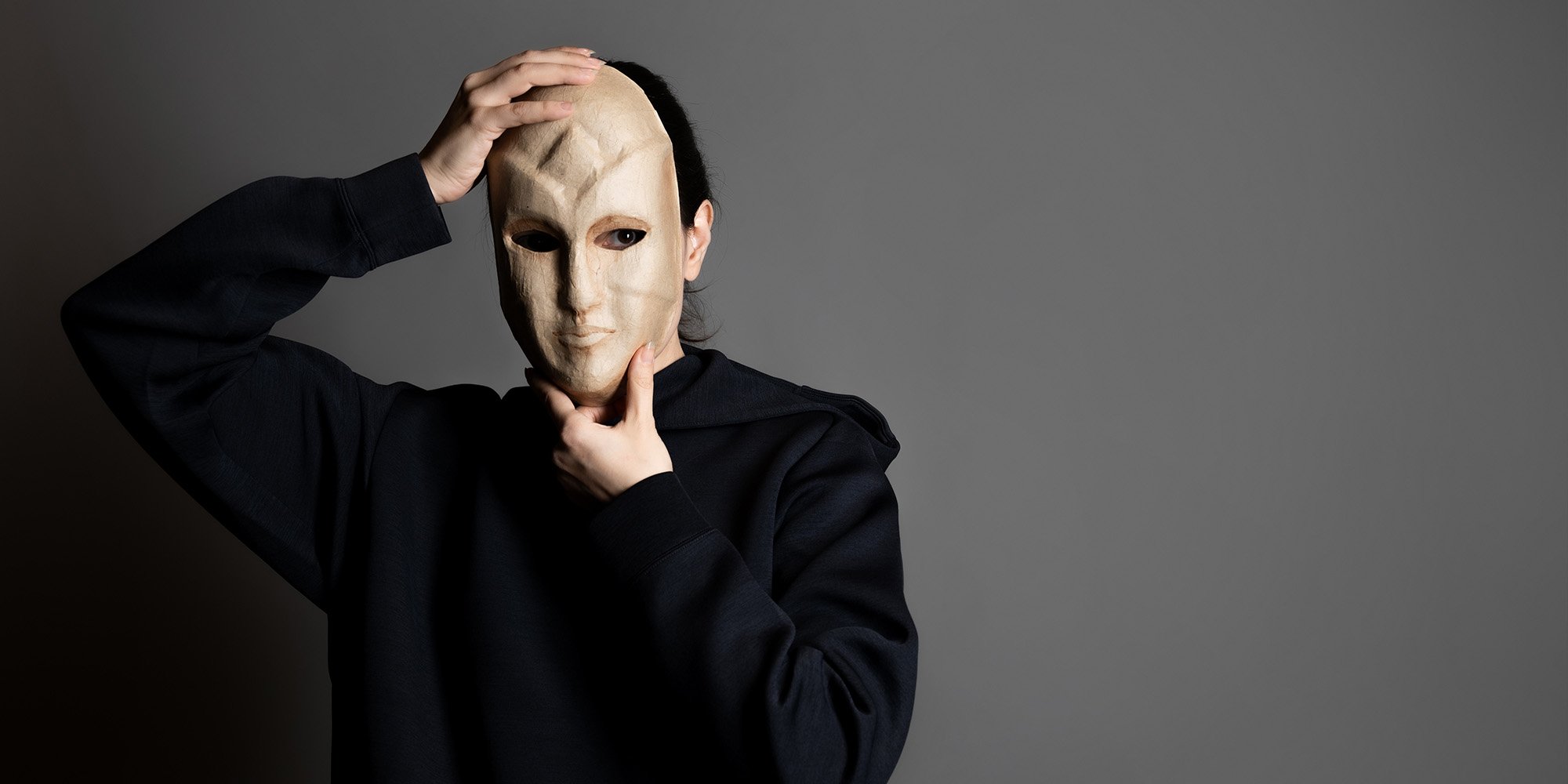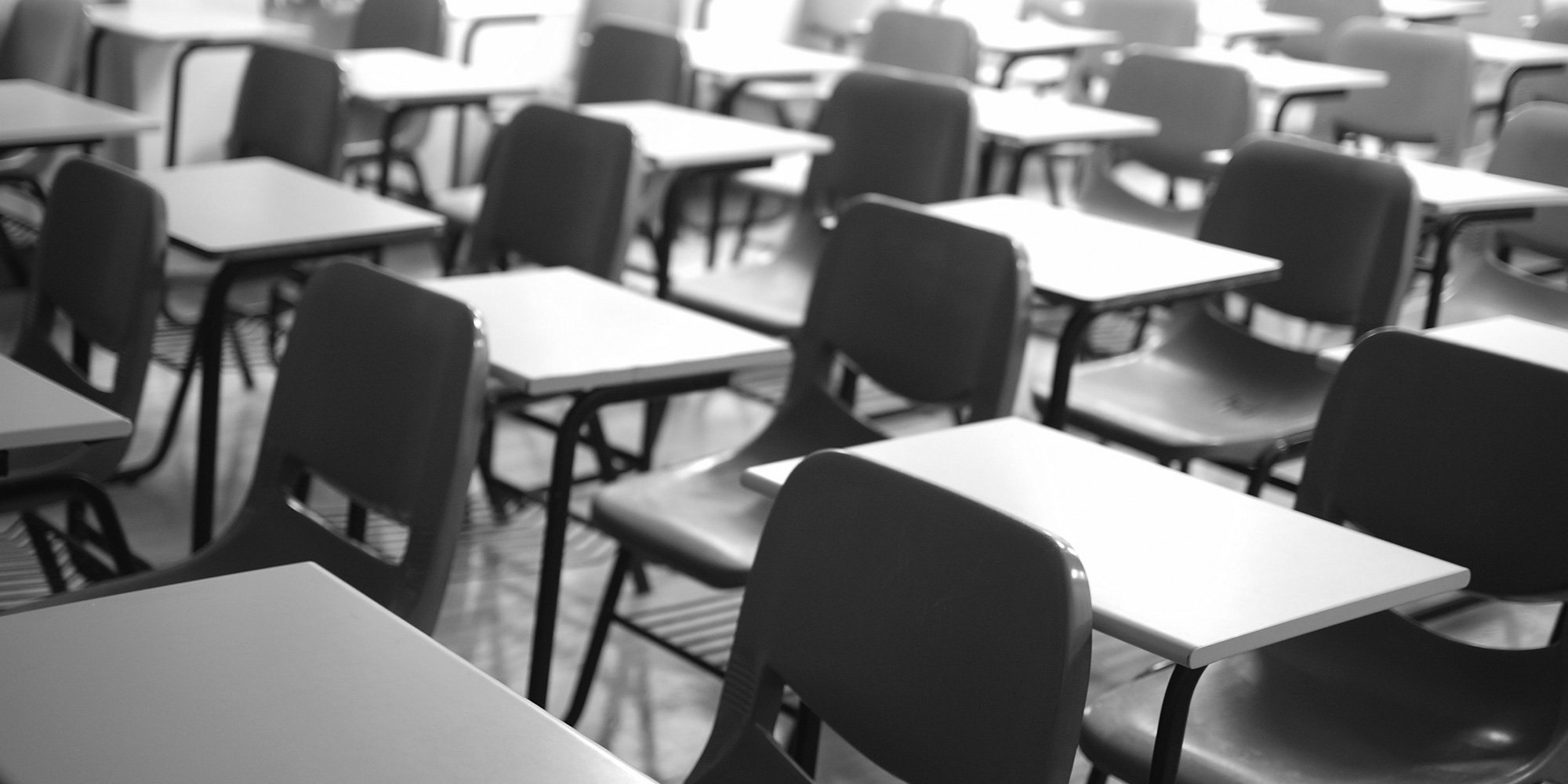What Is Indigenous Self-Reliance?
Indigenous Peoples want the ability to participate in the political, and more importantly, the economic mainstream without having to rely on federal...

When we prepare an article for our blog, Working Effectively with Indigenous Peoples®, we put considerable thought into the title - how will it resonate with readers, and how will it perform in search engine optimization? Our goal with the blog and the articles is to help change the world, one reader/learner at a time, so we want to reach as many people as possible (we are making progress as the blog just celebrated a milestone of ten million views).
For this article, we were undecided as to which label to use:
Of the four, it was narrowed down to pretendians or Indigenous identity fraudsters. We wanted to go with Indigenous identity fraudster because the definition of fraud is “wrongful or criminal deception intended to result in financial or personal gain.” We wanted to call a fraudster a fraudster.
But pretendians, which is far too soft for the harm done, is the term most commonly used in mainstream media and keyword searches. So, as our goal is to reach a wide audience, we are going with pretendians. Whatever they are called, their actions and the ripple effect of the impacts of their actions go well beyond the headline when they are exposed.
Over the past few years, some big-name pretendians have been exposed. Author Joseph Boyden (2016), director Michelle Latimer (2020), Professor Carrie Bourassa (2022) and Buffy Sainte-Marie (2023).
Each of these received awards, accolades, honour, and prestige - they were heralded as the darlings of their genre and often seen as spokespeople for the cause. Once exposed, however, their journey from famous to infamous was fast and furious. After a period of righteous indignation and self-defence, most disappeared quietly into the night. Some returned their awards, others did not. Some apologized, others did not. What they can never undo is the harm they caused Indigenous people.
The harm done:
...the structural trickle-down of having non-Indigenous people with non-Indigenous community standpoints rising through the ranks to represent us and theorize Indigenous peoplehood, sovereignty, and (anti-)colonialism. These people become “thought leaders,” institutional decision-makers, and policy advisors to governmental leaders with regulatory and economic power over our peoples. They then shape academic and public discourse about who we allegedly are, what our lives allegedly look like, and what they think should be done about and to us. [1]
And we have a new pretendian phenomenon surfacing in the courts. In early 2024, a judge in BC warned of a “tsunami of Indigenous identity fraud cases heading to courts.” [2] Why? Because some facing criminal charges think if they can pull an Indigenous relative out of a hat, they will receive a lighter sentence due to the Gladue rights.
In 1996, Parliament amended the Criminal Code to include a provision (Section 718.2(e)) specifically directing courts to exercise restraint and to consider the particular situation of aboriginal persons as they formulated the sentence to be imposed for crimes committed by native offenders. [3]
In 1999, the Supreme Court of Canada went a step further and recognized the social, economic, and historical factors impacting Indigenous Peoples in the landmark R. v. Gladue (1999) and reaffirmed those factors in R. v. Ipeelee (2012). Non-Indigenous people pretending to be Indigenous to glean a lighter sentence was unlikely a scenario envisioned by the Supreme Court back in 1996 and 1999.
BC Provincial Court Judge David Patterson:
I am of the view that the only way to give meaning to the Supreme Court of Canada's teaching in Gladue and Ipeelee is for judges to be alive to the issue of Indigenous identity fraud and require some proof that satisfies the court that the person being sentenced is entitled to be sentenced as an Indigenous person. [4]
Pretendians capitalize on the intergenerational trauma endured by generations of Indigenous people. Typically, their fabricated backstory includes substance abuse by a parent, family violence, residential school trauma, adoption, and poverty. They present as “victims” who have struggled against all odds to succeed in a harsh and unfair world - the classic rags-to-riches story everyone loves.
They are banking on:
Knowledge is power, so a good way to prevent your organization from being duped by someone posing as Indigenous is through education about Indigenous Peoples. Ensure your human resources staff, at the very least, are knowledgeable about Indigenous Peoples. Our Working Effectively with Indigenous Peoples® training provides a solid understanding of Indigenous history and how to have respectful, effective conversations and relationships with Indigenous Peoples. Another of our courses that would be of benefit is our Indigenous Employment: Recruitment & Retention.
A common flaw in a pretendian’s backstory that ultimately brings them down is their vague, often shifting self-identification as descendants of a long-dead Indigenous person from a particular nation. However, the nation claimed does not claim them. Pretendians overlook the critical role of citizenship, kinship and membership in identity. Their Eurocentric worldview is their downfall because they mistakenly lean on ancestry, not relationships.
Eurocentric worldview is about the individual, whereas the Indigenous worldview is about the collective:
Indigenous worldview: Society operates in a state of relatedness. Everything and everyone is related. There is a real belief that people, objects, and the environment are all connected. Law, kinship and spirituality reinforce this connectedness. Identity comes from connections. [5]
Citizenship, kinship and membership were the antithesis of the assimilation policies of the Indian Act. The Indian Act changed traditional names, moved communities from their traditional lands and lifestyles, removed children first through residential schools, then through the Sixties Scoop, and developed a registry based on a system of “Indianness” that further separated people, primarily women and their children, from their families and communities. This churn of identity over eight generations made possible the ease with which Indigenous identity fraudsters can craft their backstories.
The Indian Act erased self-determination, which is the vital power of a nation to determine its citizens. Apart from those nations that have moved away from the Indian Act and returned to self-government, the federal government decides who is “Indian enough” to live on a reserve and have access to housing, health care, and education. Most self-government agreements contain clauses on citizenship.
Self-determination is a right under the UN Declaration on the Rights of Indigenous Peoples.
Article 33
Indigenous peoples have the right to determine their own identity or membership in accordance with their customs and traditions. This does not impair the right of indigenous individuals to obtain citizenship of the States in which they live.
Now that Canada has adopted the UN Declaration on the Rights of Indigenous Peoples Act and as more nations undertake the hard work to return to self-determination and self-government and take control of who their people are, it won’t be so easy for non-Indigenous people to assume an Indigenous identity. And, as more non-Indigenous people educate themselves about Indigenous history, red flags in a pretendian's story will become readily apparent.
The issue and the harm done by pretendians is a much broader topic than what we’ve covered here. For a deep dive, look at “Indigenous Identity Fraud,” a report by Jean Teillet, IPC, OMN, MSC.
[1] Teillet Report on Indigenous Identity Fraud-October 2022
[2] Indigenous Worldviews vs Western Worldviews
[3] Law Now, Aboriginal Offenders, January 15, 2016
[4] 'Tsunami' of Indigenous identity fraud cases heading to courts, warns B.C. judge
[5] Indigenous Worldviews vs Western Worldviews
Featured photo: Shutterstock

Indigenous Peoples want the ability to participate in the political, and more importantly, the economic mainstream without having to rely on federal...

Education is considered a human right in Canada. Yet, while Canada has one of the world's highest levels of educational attainment, the graduation...

The incarceration rate of Indigenous peoples in Canada should be labelled a national crisis. The flaws in the justice system are insidious and...